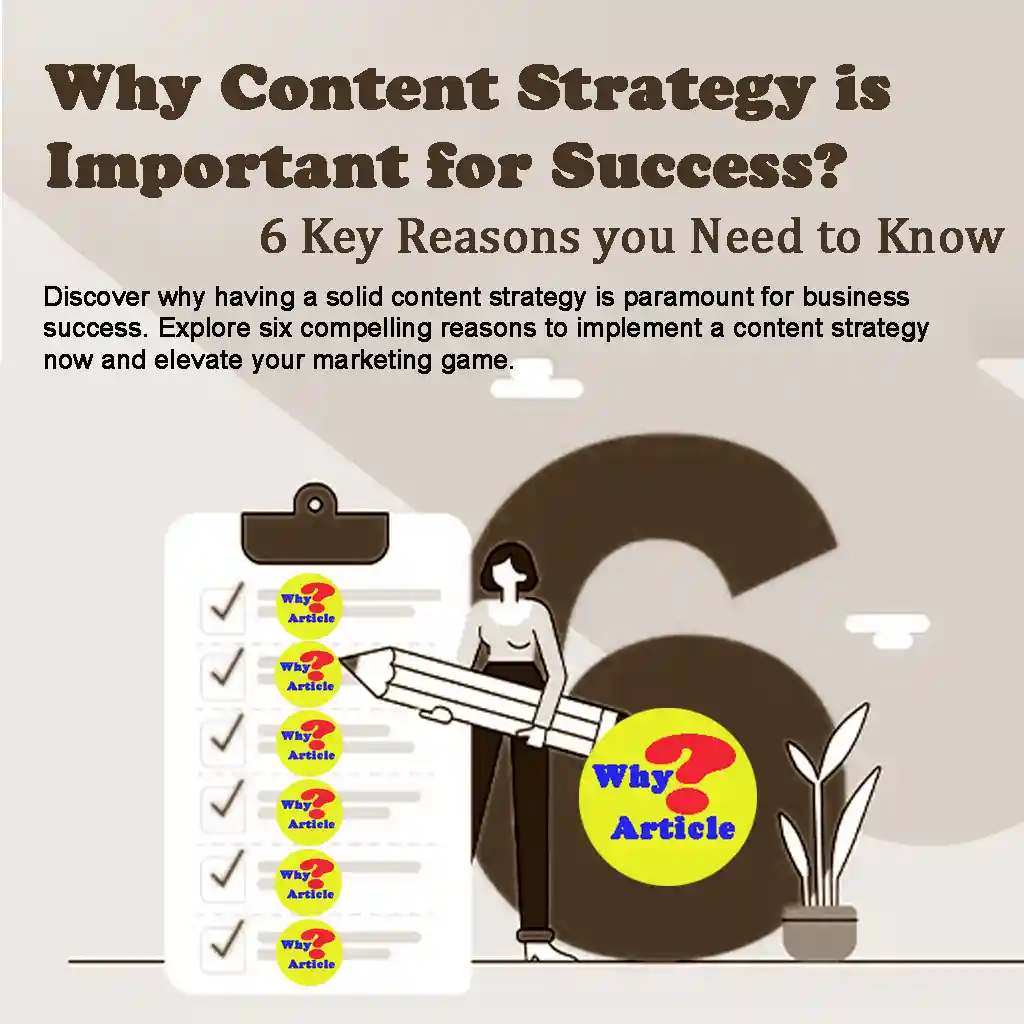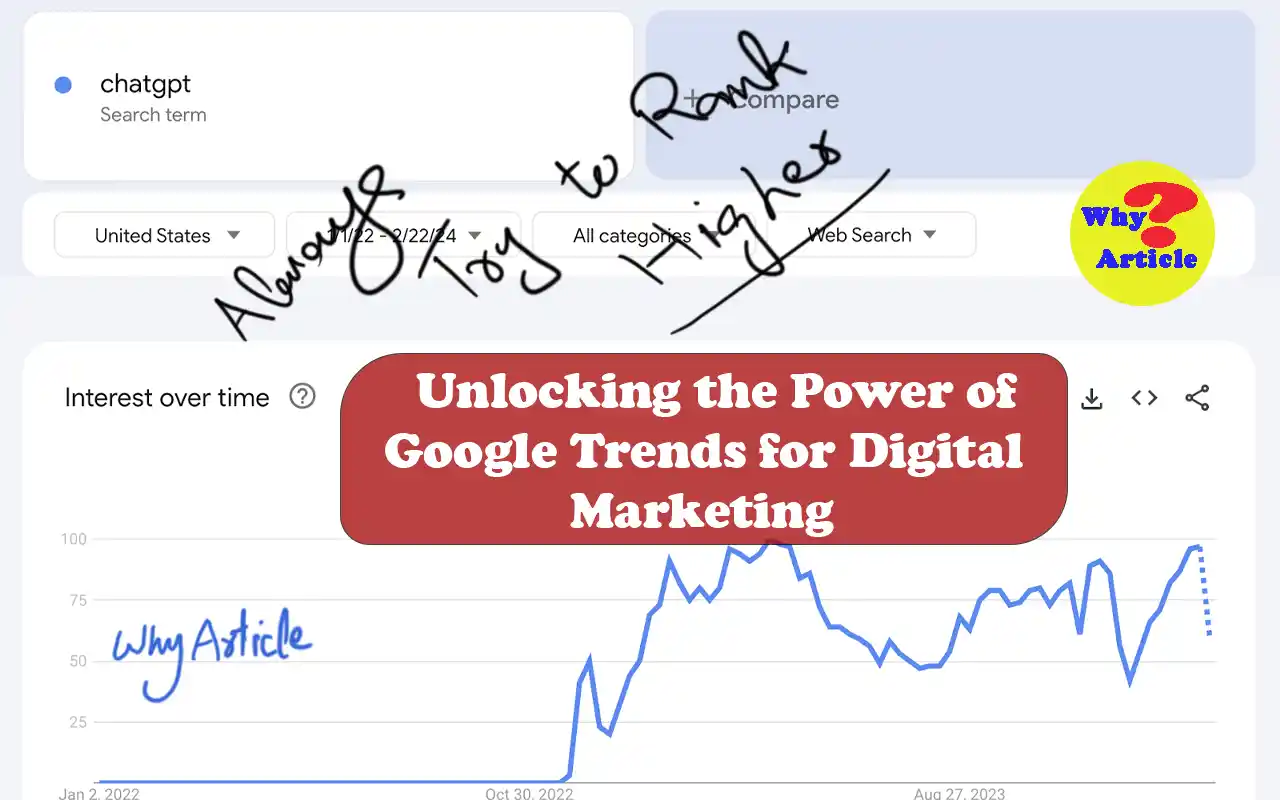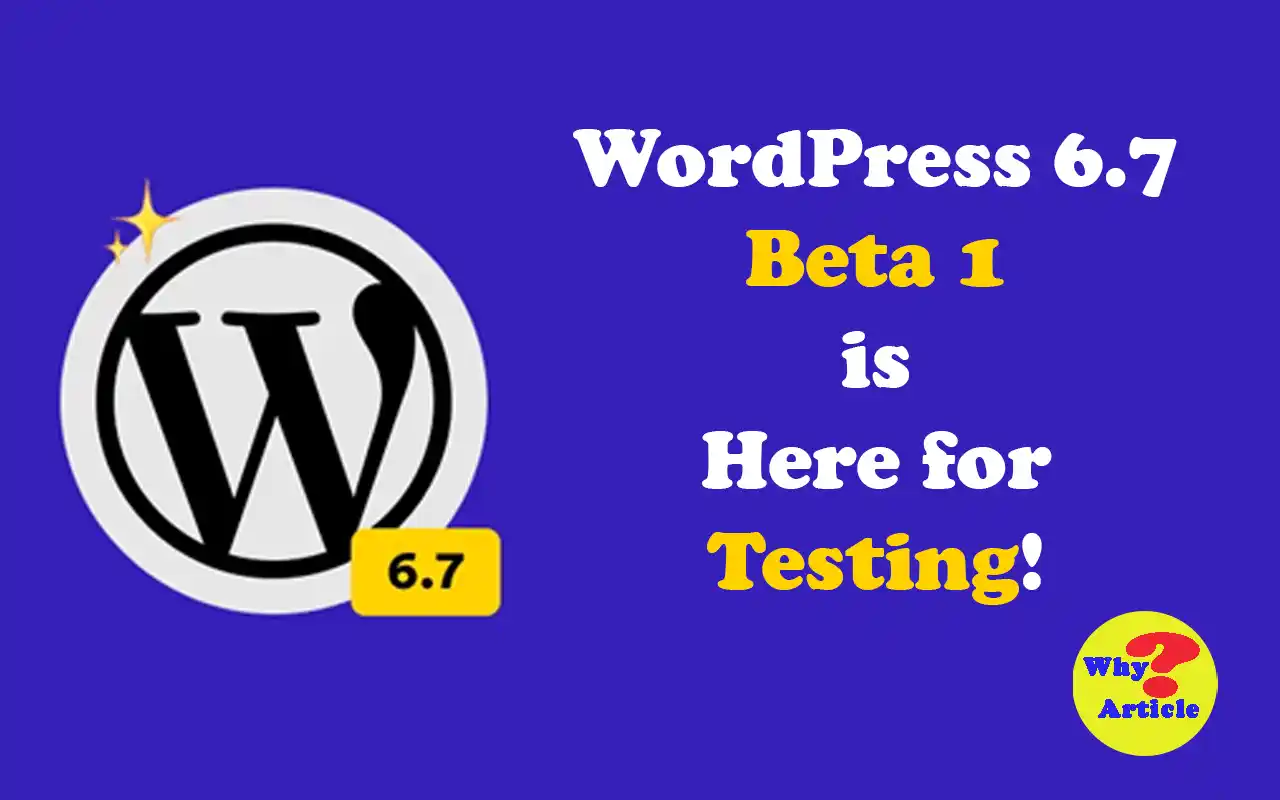Unlocking Content Success: 6 Key Reasons Why You Need a Content Strategy Today
In today’s digital age, where content reigns supreme, having a strong content strategy is crucial for success.
Content marketing has become a cornerstone of every successful brand’s marketing arsenal, yet many marketers still underestimate the pivotal role of a meticulously planned content strategy.
In this article, we delve into the core reasons why a well-documented content strategy is indispensable for achieving marketing goals and staying ahead in the competitive landscape.
Setting and Achieving Goals
A content strategy helps you reach your marketing goals by providing a clear direction.
By defining clear goals and priorities, you align your content efforts with your overarching business objectives.
A content strategy helps you achieve your marketing goals by making sure that every piece of content you create is valuable and contributes to reaching a bigger audience, converting them into customers, and making your brand more visible.
Progress Tracking
As renowned content strategist Rebecca Lieb aptly states, “There is no content strategy without measurement strategy.”
Monitoring progress against predefined metrics is essential for evaluating the effectiveness of your content marketing initiatives.
A strong content strategy helps you measure how well your content is performing and make it better over time.
Also: Why Backlinks are Important: Unlocking the Power of Backlinking
Identifying New Opportunities
An effective content strategy involves taking advantage of new opportunities and popular topics to connect with your audience.
A well-crafted content strategy provides a roadmap for discovering and leveraging new content creation avenues, ensuring that your brand stays relevant and resonates with evolving consumer interests.
Cost Optimization
Creating and sharing content can be costly, especially if you don’t have a clear plan in place.
Having a well-thought-out plan for your content saves money by using resources effectively and avoiding unnecessary spending.
Having a clear plan for your content saves you money by spending wisely and getting the best return on your investment.
Also: Why Your Website is not Showing up on Google and Solutions of This
Enhancing Team Productivity
Accountability and clarity are important for a successful marketing team. Having a clear plan for your content is important to keep your marketing team accountable and focused.
A document content strategy provides clear instructions and performance metrics, empowering team members with defined roles and responsibilities.
From content creation schedules to social media management guidelines, a structured strategy streamlines operations and cultivates a culture of productivity and collaboration.
Crafting Conversion-Focused Content
The main goal of every content strategy is to create content that drives conversions.
By understanding your target audience, defining the appropriate tone and style, and leveraging the optimal distribution channels, you create compelling content experiences that resonate with your audience and drive desired actions.
A well-aligned content strategy lays the groundwork for consistent conversion optimization and sustained business growth.
Also: Maximize Your Earnings: 10 Proven Google AdSense Strategies for Enhanced Website Monetization
Content Marketing Strategy Examples
To illustrate the diverse approaches to content marketing strategy, let’s explore five exemplary tactics that elevate brand engagement and drive results:
1. Targeted Persona-Centric Content
Creating personalized content that speaks directly to individual pain points and aspirations fosters strong connections, leading to increased engagement.
2. Consistent Brand Storytelling
Consistent brand storytelling builds trust, strengthens brand loyalty, and emotionally connects with your audience at every touchpoint.
3. SEO-Optimized Content
Strategically optimizing content for search engines enhances discoverability and drives qualified traffic, aligning with user search intent and boosting conversion rates.
4. Evergreen Content
Investing in evergreen content ensures long-term relevance and sustainability, positioning your brand as a trusted authority in your niche and attracting continuous organic traffic.
5. Omnichannel Content Distribution
Sharing content on various platforms ensures a unified brand experience, expanding reach and strengthening brand recognition among different audience interactions.
Also: AdSense Application Rejected? A Comprehensive Guide to Getting AdSense Approval
Content Marketing Strategy Template
Creating a content marketing strategy can be simplified. A well-structured template provides a roadmap for strategic planning and execution, encompassing vital elements such as:
- Audience persona definition
- Content goals and objectives
- Brand messaging and tone
- Content types and distribution channels
- Content calendar
- SEO optimization
- Performance metrics and analytics
- Competitor analysis
Frequently Asked Questions
The key components include defining target audience personas, setting clear goals, determining content types and distribution channels, implementing SEO strategies, and establishing performance metrics for evaluation.
A robust content strategy helps businesses set and achieve marketing goals, track progress, identify new opportunities, optimize costs, enhance team productivity, and produce conversion-focused content consistently.
SEO plays a crucial role in content strategy by enhancing content visibility, driving organic traffic, and aligning content with user search intent, ultimately improving search engine rankings and increasing conversions.
Content strategies should be reviewed periodically to align with evolving business objectives, industry trends, and consumer preferences.
Regular updates ensure relevancy and effectiveness in achieving marketing goals.
A successful content strategy exhibits clarity of goals, alignment with audience needs, consistency in execution, adaptability to market dynamics, and a focus on driving measurable outcomes and ROI.





Thank you for your sharing. I am worried that I lack creative ideas. It is your article that makes me full of hope. Thank you. But, I have a question, can you help me?
Thank you for your sharing. I am worried that I lack creative ideas. It is your article that makes me full of hope. Thank you. But, I have a question, can you help me?
اوک
اوک